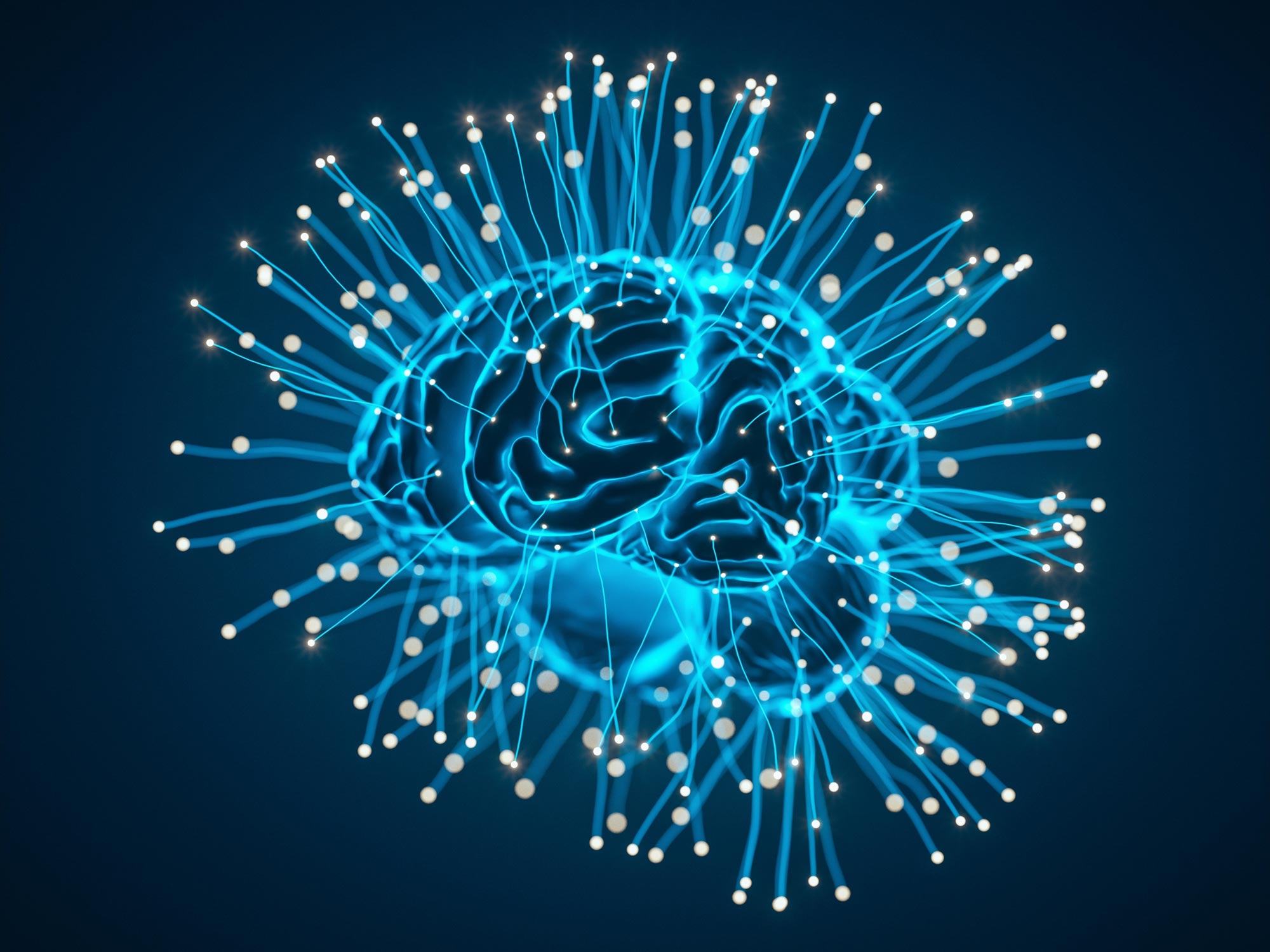Obsessive-Compulsive Disorder (OCD) is a mental health condition characterized by intrusive thoughts and repetitive behaviors. It is estimated to affect over two percent of the population and is one of the most common mental health issues. As such, researchers are continuously striving to learn more about the disorder, in order to better understand its causes and develop effective treatments.
Recent research has focused on learning more about the underlying biology of OCD. OCD new research Studies have found that there are differences in brain activity between people with OCD and those without the disorder. This research has provided a better understanding of the neurological basis of OCD, offering valuable insight into how the disorder may be treated.

Image Source: Google
In addition, researchers are also exploring how different therapies may be used to treat OCD. Cognitive Behavioral Therapy (CBT) is one treatment option that has received much attention. CBT has been found to be effective in reducing symptoms of OCD, as well as reducing the risk of relapse. Other therapies, such as Dialectical Behavioral Therapy (DBT) and Acceptance and Commitment Therapy (ACT), have also been studied and found to be helpful in treating OCD.
While the cause of OCD is still unknown, some studies have found that certain genetic variants may be associated with an increased risk of developing the disorder. This research may eventually lead to the development of more targeted treatments that can address the underlying genetic causes of OCD.
In conclusion, research into OCD is ongoing and provides valuable insight into the disorder. Further research into the biological, psychological, and genetic aspects of OCD may eventually lead to more effective treatments. Understanding the causes of OCD can help to reduce the stigma associated with the disorder and make it easier for those affected to access the help they need.